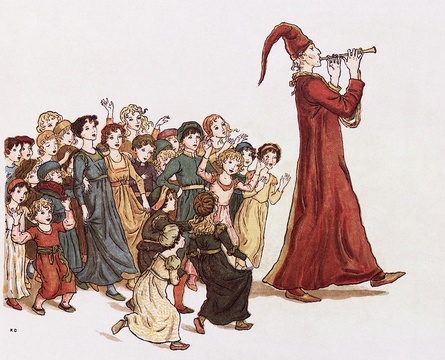I recently reviewed two rogue-likes, Card Dungeon and Voyage to Farland. They were both similar games when it comes to mechanics, theme, and artistic merit. But one had fantastic music, and the other didn’t. I gave Voyage to Farland 2 stars. Card Dungeon got 8.
That got me thinking: was Card Dungeon really that much better of a game, or was the music so awesome that I was more willing to overlook the flaws? I tried to be impartial and intelligent about the reviewing process, but I couldn’t shake the feeling that the music might have brainwashed me. How many stars did Card Dungeon squeeze out of me just by having good tunes? How many of my favorite games only got there because they had awesome music and I didn’t even notice?
Obviously we all know good music in games when we hear it, but I think that music influences our perceptions of the quality of a game more than we realize.
There’s a term in advertising that applies to this phenomenon called an “executional cue”.
Defined in this short piece from the Advances in Consumer Research journal, a cue is “an extremely flexible concept for describing aspects of a stimulus which may prove meaningful to a respondent“. A cue can be anything: a shade of red, a cotton shirt, a guitar riff, anything that’s calculated to make you want to buy something. Artists take advantage of this all the time to affect the emotions of the viewer. What colors will make people happy, or sad, or disgusted? When composing a photo, what will make the subject look lonely, or vulnerable, or triumphant?
But when evaluating the artistic beauty of a game, people talk about the sound of a game a lot less. Well, why not? Every instrument in a song, every note, every melody and harmony and chord progression, is a calculated choice from the composer to do one thing: change your mood. Music and sound design, in the end, might be even more instrumental (ha ha) in shaping our emotional experience in a game than what we experience with our eyes. Each instrument has its own traits that we associate with it, and each has its own emotional trigger.
Why was The Last of Us so sad and melancholy all the time, even when you were just walking around? Because there were a lot of tinny, grating violins in the background – when paired with a scene where you walk through the rotted remains of some dead family’s house, associate them with woe, poverty, heartbreak, etc. But then that is pleasantly subverted in the famous Giraffe scene, when the strings come in cautiously but hopefully as you approach the giraffe, inspiring feelings of awe and child-like wonder, and finishing with a simple, repeating glockenspiel-keyboard melody, reminding us that even at the end of the world of man, beauty can still be found.
Can you imagine if some assclown put bongos and a tuba solo to that? It would ruin everything, wouldn’t it? Remember…
No matter how touching or cool the scene/game is, nothing can surmount a terrible sound choice.
Or on the complete opposite end of the spectrum, we have the Hotline Miami 2 soundtrack. Holy hell. If I ever had to kill every last human being in the room and I got to pick what music to play to it, it would be this soundtrack. It’s 50 tracks of glorious, pounding ’80s techno so intense that every time I died I felt like I was disappointing the music for not killing hard enough. I became a bloodthirsty maniac.
Yes, the gameplay was awesome and the killing was satisfying, but that game would not have been nearly as good without a soundtrack to commit wholesale Soviet slaughter to. I didn’t need a reason to slay two dozen mobsters with a brick: the music was enough to make me do it.
You hear that, Hatred? That’s one way you could have let me have fun killing a sea of brainless bystanders and cops. When I reviewed that pretentious turd I didn’t even mention the music, because there wasn’t any worth mentioning: just some droning doom noise in the back. It was enough to make me feel a little empty and bitter, but it also made me bored. It definitely contributed to feeling that the game was pointless. A little bit of screamo or something would have made me feel more awesome while I was murdering.
See, all it takes sometimes to nudge your feelings in the right direction is the well-timed use of the right kind of music.
Just think back on all your favorite moments in video games. When Link opens a treasure chest, how do you think it would affect you differently without the old “da da da DAAAAA” chime at the end? How about if instead of hearing Mario’s death jingle when he fell in a hole, we were greeted with dead silence?
Even if you’re the kind of gamer that cares more about the mechanics of a game than the art, the influence that music has on the experience is everywhere, all the time. That’s why I always try to get the best possible sound out of my games, whether with some nice headphones or giant speakers, because sometimes a few notes are all that separates a dull game from a miraculous one.









Published: Jun 5, 2015 08:34 pm